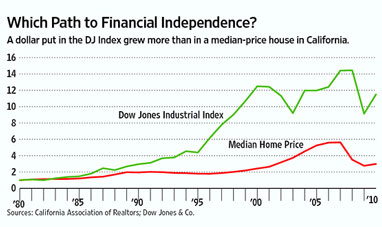I received an email, from BHB Anaheim presenter Bill Lyons, that Revestor.com is live now and will be announced to the public tomorrow. Bill knows that the Bloodhound way is to fly under the radar, sneak in the back door, and quietly win so I appreciate the chance to break the news.
Revestor.com is a new property search site. It’s unique proposition is that it allows users to search by either capitalization rate or cash flow. Revestor believes it will become a useful tool for both investors and primary residence home buyers. Bill Lyons suggested that its unique ranking display, offers data to a home buyer, which is currently unavailable. Incorporating the income potential of a property offers another valuation model for home buyers to consider.
I ran a search for an area with which I’m familiar; Oceanside, CA zip code 92056. I searched for properties listed from $150,000 to $250,000, by cash flow, and ten current listings were displayed. The top two listings appealed to me:
3906 Marvin – a 3BR 2BA, 1064 s.f. SFD with $902 of free cash flow, with an 80% LTV loan, listed at $169, 767
3132 Glenn – a 4BR 2BA, 1302 s.f. SFD with $533 of free cash flow, with an 80% LTV loan, listed at 249,900
Revestor offers a “launch” blog post and I’ll insert Bill’s comments from there (italicized), as I offer my ideas here.
Here is what I like about the site: I like the map display of the listings and I love the fact that it ranks the listings by investment potential. The financial data offered, on individual listings, is pretty comprehensive. It drills down on expense data and allows the user to customize it. The mortgage data is cool because it allows you to slide the down payment tool and see real-time figures. The exit strategy information is unique but I’m unclear as to how they determine the potential resale value.
Bill offered: While San Diego is just a starting point we are still very much a “work in progress“. The site is not perfect (especially for a perfectionist that is striving for simplicity). We launched Read more
